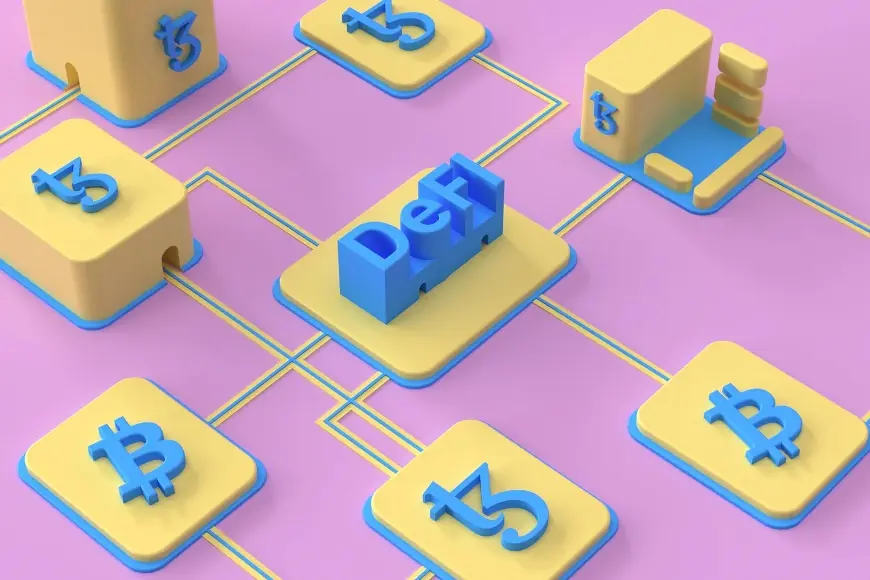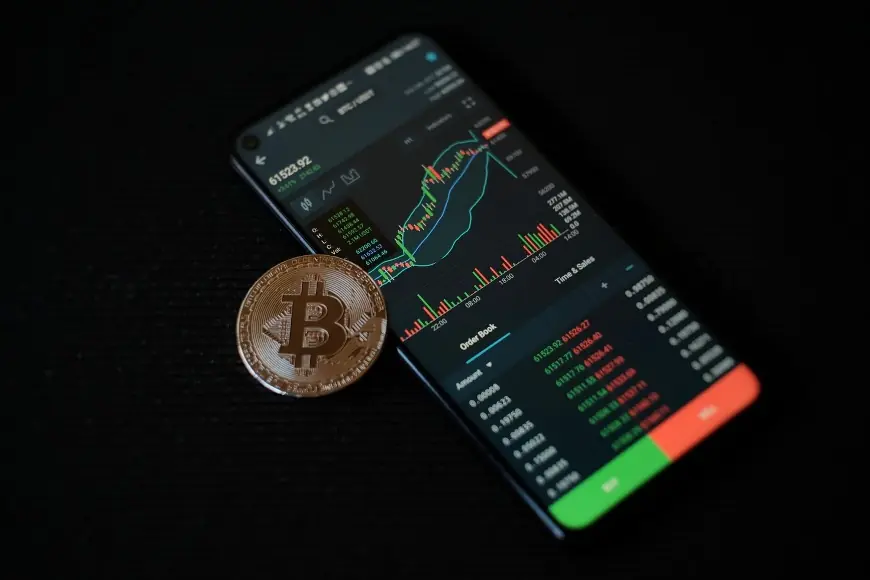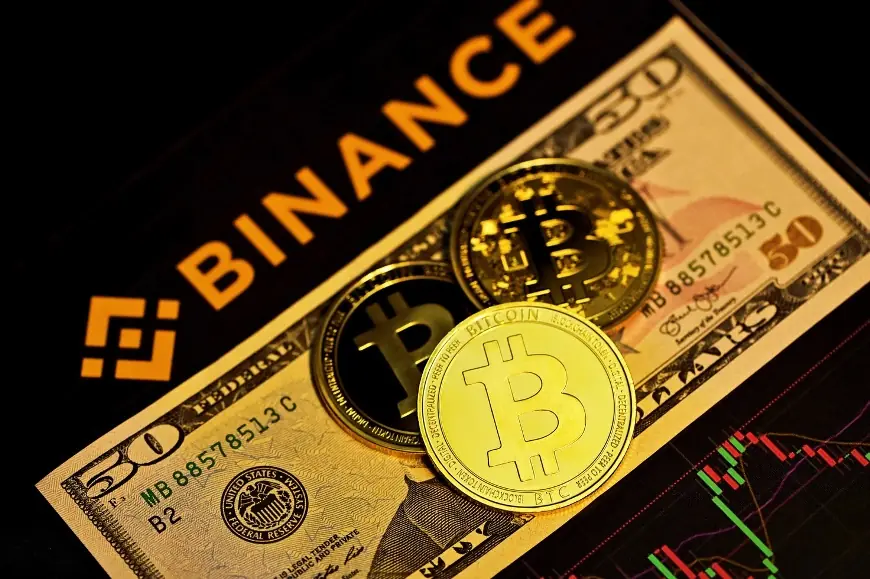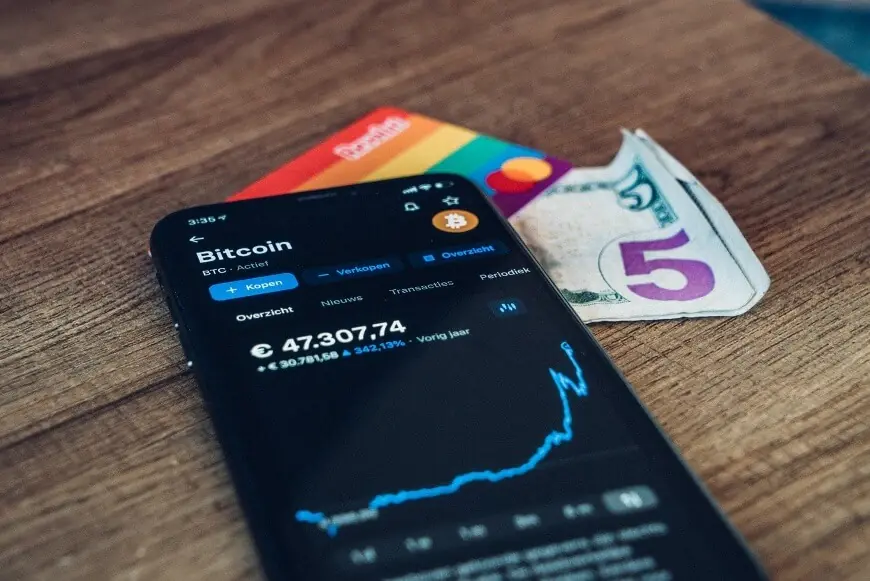

Who Uses Bitcoin - How Many Companies Actually Accept BTC?
Introduction
Introduced to the world in 2009, Bitcoin (BTC) was alternative money for everyday use to pay for goods and services. The basic idea was to create a decentralized payment system to eliminate government control and give ordinary people something like financial freedom.
However, who uses Bitcoin today, and has the digital token lived up to its true purpose in light of recent events? We are here to reflect on the problems of common acceptance of the cryptocurrency, as well as to answer the question of how to use BTC anonymously to get some of your transactions out of the sight of regulators who desire to grab a fee on every transaction.
What is Bitcoin and why is it such an attractive form of money?
The digital token was introduced in 2009 and - as the world’s first digital token - has come to dominate the cryptocurrency space. Despite the large number of so-called altcoins that have emerged over a period of more than 10 years (according to HSB), bitcoins have the upper hand in terms of capitalization and value (exchange rate).
Unlike fiat money (any national currency like EUR or USD), BTC is not regulated by a central authority and is not subject to governmental regulations.
Bitcoins are used to conduct payments through a huge network of computers forming a distributed database called the blockchain. BTCs are issued by miners, who verify the transactions and add them to the blocks stored in the distributed ledger. Notably, miners receive BTCs as a reward for creating each transaction block.
However, there are other ways to get BTCs, including buying tokens for fiat money and exchanging them at cryptocurrency exchanges. There are many benefits of decentralized cash, which we will discuss below.
Benefits of Digital Tokens and Who Uses Bitcoin
So, now that you have an idea of what cryptocurrencies are and how to use Bitcoin as cash, it’s time to look at the potential benefits that the digital token offers to its users:
-
The control over your savings. Since the value of BTC is not tied to country-specific policies, the cryptocurrency theoretically provides autonomy and reduced risks associated with economic downturns.
-
Anonymity of transactions. While fiat money transactions require a lot of identifying information, BTC (as cash) transactions only require the address of the cryptocurrency wallet.
-
Transactions without approval at various sites anywhere in the world.
-
Low fees due to the absence of intermediaries as opposed to traditional bank transactions.
-
The security, accessibility, and mobility of payments. In theory, you only need a computer or smartphone to send a certain amount of digital coins through a site or mobile app. In addition, because BTC does not exist in the physical world and requires minimal information for money transfers, Bitcoin transactions are more secure than traditional counterparts.
Due to the absence of intermediaries, BTC transaction costs are quite low. In addition, by avoiding the inconvenience of authorization as with traditional payments, BTC transactions are faster and more convenient.
Who uses Bitcoin - companies that accept cryptocurrency
Today, the number of companies accepting digital money in one way or another is growing rapidly. As of 2020, more than a third of small and medium-sized companies in the US already supported the cryptocurrency. Elon Musk, the famous entrepreneur and owner of Tesla, has played a special role in crypto acceptance, pouring millions into virtual tokens.
So, here is a list of well-known companies that will allow you to pay for their goods or services using Bitcoin as cash:
-
Microsoft. The technology giant supports crypto as a funding method for account holders of their various online services. AT&T. A major US mobile phone provider partnering with BitPay allows its subscribers to pay for the use of its services in bitcoin.
-
CheapAir. To accept cryptocurrency payments, the company first partnered with the Coinbase web sites, but later struck a deal with BTCPayServer.
-
Wikipedia. The largest donation-based online encyclopedia also accepts BTC.
-
Mastercard. The world’s largest card issuer is also BTC-friendly after launching its digital token storage and shopping service.
-
Pavilion Hotels & Resorts. The international hotel chain hailing from China has also allowed cryptocurrency transactions for its customers.
-
Starbucks. The largest chain of coffee shops has launched a special app that allows users to pay for their favorite drink in bitcoins.
-
Tesla. The company has temporarily suspended the acceptance of digital tokens until 50% of the energy needed to keep the blockchain running comes from renewable sources.
-
PayPal. US and UK users can buy, sell and store cryptocurrencies through their online payment system, but transferring digital money from PayPal’s e-wallets is not yet available.
-
Expedia. Having struck a deal with the Travala platform, this world-renowned travel agency has also started accepting digital money as payment for its services.
While this list is impressive and includes big names, there are many other companies accepting cryptocurrency payments in one way or another - from KFC and Subway to some countries’ national airlines and even American football teams such as the Miami Dolphins (to buy tickets on their site).
This list of ‘who uses bitcoin’ will be continually updated. Unfortunately, some companies are only considering accepting cryptocurrencies or testing their new services and may well drop them in the future.
F.A.Q.
Who is using bitcoin among the major transnational companies?
You can use your cryptocurrency savings while interacting with big brands like Microsoft, Wikipedia, Starbucks, MasterCard, or PayPal.
How to use BTC as cash?
You can pay for stuff and services and trade in cryptocurrency on exchanges or simply store your savings in digital tokens.
How to use Bitcoin anonymously?
BTC is an anonymous currency by nature, so you can transfer funds between cryptocurrency wallets via the site or mobile app without revealing personal information.
How can I convert BTC to cash?
You can convert bitcoins into fiat money by going to a cryptocurrency exchange site or using a BTC ATM.
Are BTC transactions completely free?
Bitcoin operates on a large-scale decentralized network with the stuff making it work, so transactions are not entirely free (although transaction fees are quite low).
Can I transfer digital money abroad?
Crypto works anywhere in the world where there is an internet connection. Anyone who uses bitcoin is free to make international transfers.



